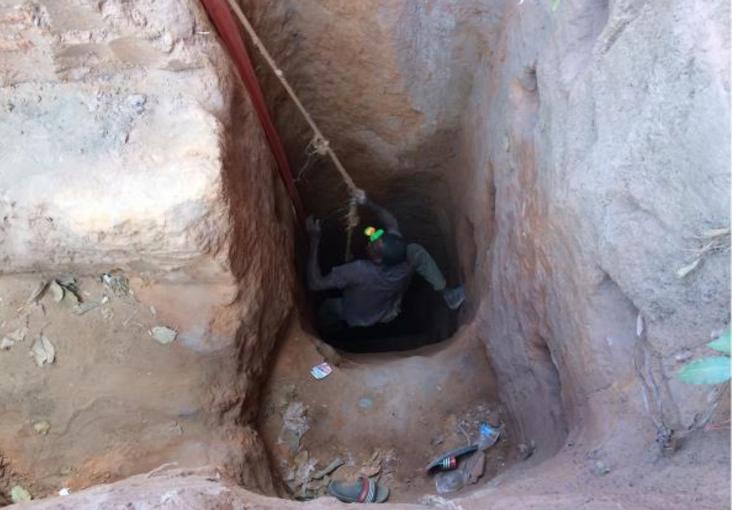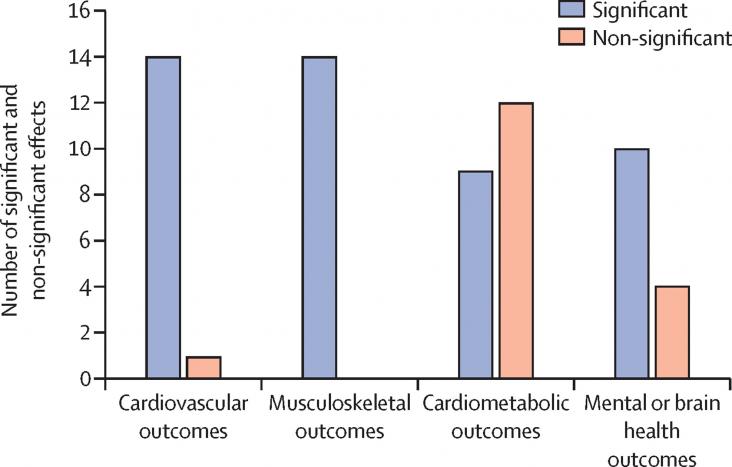
Background: The coronavirus pandemic (COVID-19) has a social and psychological impact among healthcare workers worldwide and appropriate coping strategies are essential to avoid the negative mental he

The Loring Airforce Base (AFB) in Aroostook County, Maine, USA was active from 1947 through 1994. Like many military sites, it has a substantial history of pollution from a wide variety of toxins. Currently, some of the AFB land belongs to the Micmac Nation, an Indigenous tribe, who are very concerned about the contamination on the land. Starting in 2019, a group of community activists, research scientists, and tribal members came together to test methods for cleaning the land. This backstory features perspectives from six project participants.
The results suggest that the ongoing pandemic has led to the rise of common mental health problems among indigenous people during the pandemic. The results can contribute to the formation of mental health policy for indigenous people and the development of suitable mental health intervention strategies especially during and after the COVID-19 pandemic.
The National Association of Disabled Staff Networks (NADSN) is a super-network that connects and represents disabled staff networks at organisations across the United Kingdom.

Globally those in slavery, though small in absolute numbers (est. 40.2 million), contribute disproportionately to environmental destruction and carbon emissions.

Approximately 1·5 billion people worldwide live with a physical, mental, sensory, or intellectual disability, about 80% of which are in low-income and middle-income countries.
This Comment article advances SDG 3 and 10 by making a case for bridging language barriers in global health research and overcoming the colonial legacy of language in global health (from the naming of infectious diseases to the use of global health terms with problematic historical connotations), with the aim of facilitating knowledge co-production and more equal research partnerships.
This study supports SDG 3 and 10 by highlighting an overrepresentation of Black children and adolescents in involuntary psychiatric hospitalisations, which may establish potentially lifelong negative mental health treatment trajectories and contribute to cycles of health inequality that persist in later life.
This Comment article advances SDG 3 and 10 by highlighting the disproportionate imbalance of power in global health research, and calls for reforms in publishing and academia to ensure greater representation of global health researchers from low-income and middle-income countries in prestigious, high-impact journals.
This study supports SDGs 3 and 10 by investigating the role of genetic ancestry in ethnic disparities in type 2 diabetes, and interactions with socioeconomic deprivation. The effects of environmental risk factors were found to differ among ancestry groups, suggesting the need for group-specific interventions.
